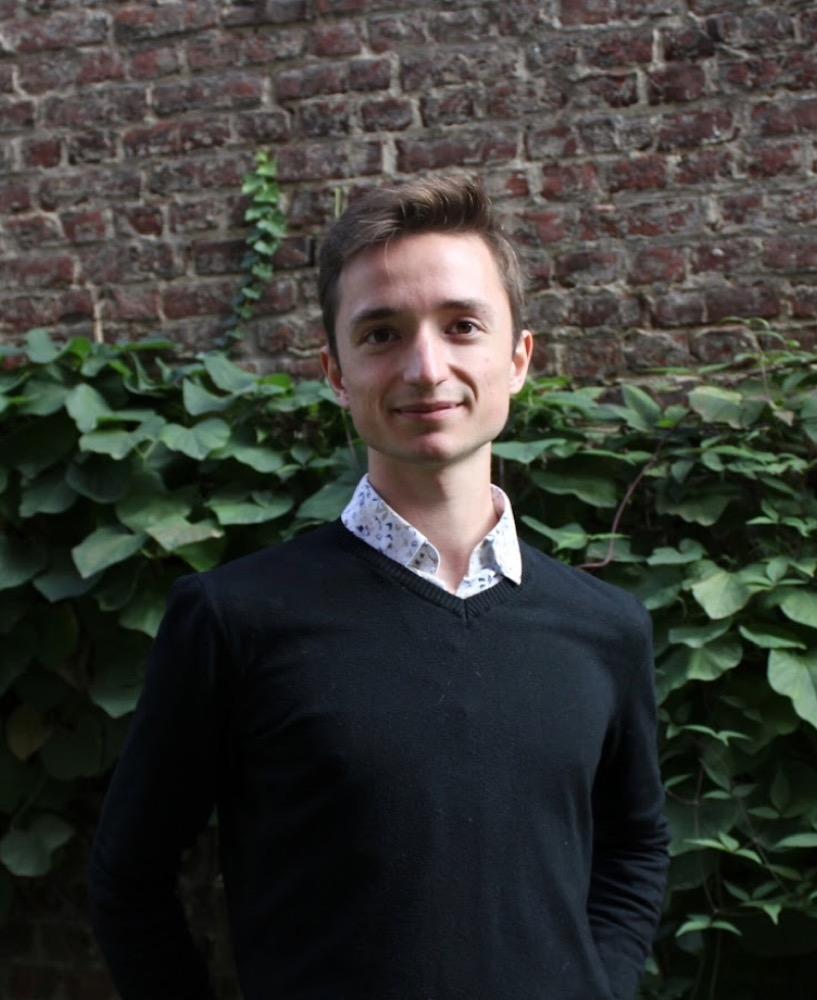
What is NetworkNature Reads?
#NetworkNatureReads is inspired by #ReadingRainbow and the #NewYorkTimes #ByTheBook series, both of which spread a love of reading by highlighting standout books and the people who love them. Our goal is to do the same, but with a #naturebasedsolutions flavor. Every month, we will feature one book selected by a NetworkNature member. We believe that literature widens perspectives and can foster connection between human and environmental communities. Read Wild Geese by Mary Oliver if you aren’t sure what we mean.
This month’s interviewee is Simon Racé. Originally from Paris, France, Simon has experience in European sustainability and Nature-based Solutions, and is actually working on a wide range of European projects, including the NetworkNature platform. When he is off of work, you will find him with ballet dance shoes, wandering in the Black Forest, or enjoying a vegetarian restaurant.
Want to feature a book on NetworkNature Reads? Contact hello@networknature.eu to find out how!
Book: Des arbres à défendre! by Patrick Scheyder
Tell us about yourself! What role do nature and reading play in your life?
Nature is at the centre of both my professional and personal life. Indeed, by working as a Junior expert on Biodiversity and Nature-based Solutions at ICLEI Europe, one can easily say that I am 100% dedicated to working for nature! I grew up between the forests of Eastern France and Brittany’s coastal area and I live today in a small town in the middle of the Black Forest. I am a big reader and spend most of my free time reading, mostly history, novels and essays.
Which book did you pick and why?
Picking one single book was not easy, but in the end, I chose Des arbres à défendre! (literally Trees to defend!) by Patrick Scheyder. This book cannot be allocated to a single genre. The text sheds light on the successful activism of poets, writers and painters, including George Sand and Théodore Rousseau, in their efforts to defend the forest of Fontainebleau in XIXth century France. Ultimately, this space became the very first protected natural area in France in 1861.
Can you share a specific moment from the book that resonates with you personally? How does it connect to your work with Nature-based Solutions projects?
I was especially impressed by the role that George Sand and Théodore Rousseau’s feelings about the forest played in their activism. They did not merely see the beautiful oak trees of Fontainebleau as an economic resource. Instead, they considered themselves a part of the natural environment and used their art to protect it against appetites for money and from the emerging practices of mass tourism. Théodore Rousseau also made a revolution in the painting world, by putting natural elements at the centre of his canvases, thus moving away from the anthropocentric perspective!
Using art to defend and protect natural areas is also very much connected to the NetworkNature project, with the series of NbS comics, that enable it to reach a broad audience, beyond the sustainability bubble.
In what ways do you see the themes or lessons from the book aligning with the goals of conservation and the challenges we face in combating biodiversity loss today?
This story strongly aligns with conservation goals, as it highlights the importance (and sometimes success!) of combining political lobbying and messages with artistic activities to combat biodiversity loss and ecosystem destruction or impoverishment. Even though the forest was not 100% protected, it avoided further habitat fragmentation, raised awareness of the fragility of the forest and created a legal precedent.
If you were recommending this book to a colleague or a friend within the conservation community, what key takeaway or message would you highlight?
The main takeaway for me would be that scientific and political arguments are sometimes not enough to foster nature protection and that a cultural narrative, here constructed and spread by art, is key to change mindsets.